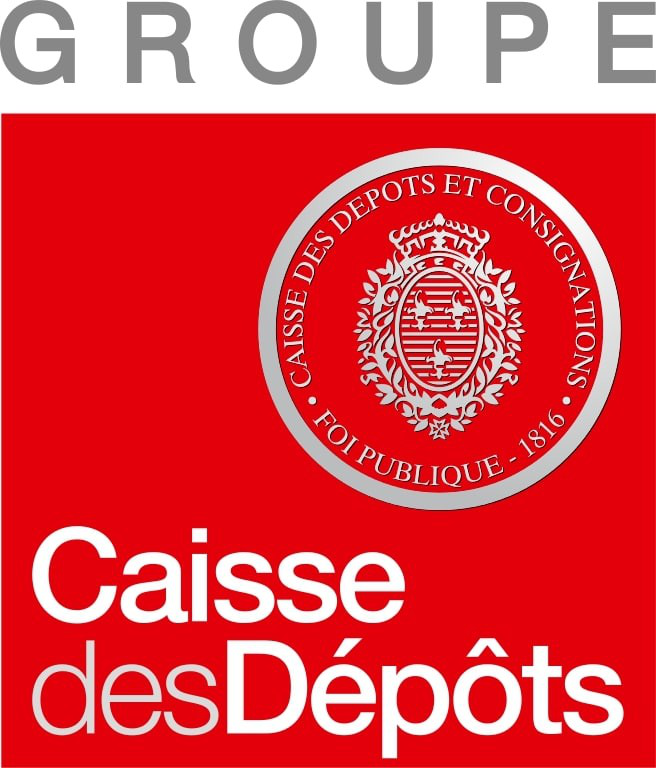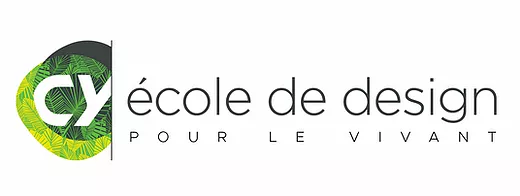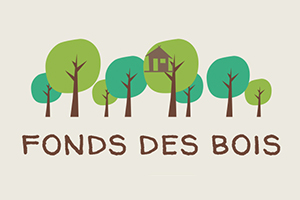SocialWeb
Published : Projects |
This project takes two questions as its starting point: « What does the term ‘social’ mean after Facebook? » and « What is collective intelligence after crowdsourcing? » These questions also correspond to two criticisms that can be applied to the technical developments of our time. The first concerns the destruction of individuation through social networks, which promote an extreme individualism in which the collective is considered as secondary, as a natural consequence. This approach sees only individualistic substantialism in social relations. The second contests the current proliferation of “crowdsourcing,” which considers individuals as a crowd that contributes without understanding what it is doing, and transforms online activities into essentially productive activities, confusing the significance of and investment in the work. We need to ask ourselves, ‘What are the alternatives? How do we go beyond the current Facebooks and dominant modalities imposed by industrialization?’
The project « SocialWeb » also proposes an alternative model that places the collective in the center of social networks and develops a promotional space, all of which Bernard Stiegler refers to as « the economy of contribution. » Stiegler was inspired by the American sociologist and psychologist Jacob Moreno, who, in the early 1930s, invented the new field of “Sociometry,” which became the paradigm of analyzing social networks (in particular, their graphic representation). From Moreno, we retain the principal of organizing sociality into social atoms. The project’s other important reference is French philosopher Gilbert Simondon and his theories of psychic and collective individuation, in which the group or collective subjects individuate themselves together. In this respect, Moreno and Simondon occupy extreme positions vis-à-vis one another. The Simondonian theory of collective individuation can serve as a remedy to technical individualism, but the overlaps between the two also interest us.
A social-network prototype will be developed, based on groups rather than individuals, and offering the user tools for its creation and administration. The intention is to emphasize the anonymity at the heart of social interactions and group dynamics. This project is financed by the “Office of Naval Research Global,” under the coordination of Alexandre Monnin and Harry Halpin. The research is undertaken by Yuk Hui, a postdoctorate researcher, and the implementation of the system by engineer Julia Anaya.
Linked article: The next Facebook will be a toolkit for social computing

 in english
in english en français
en français











